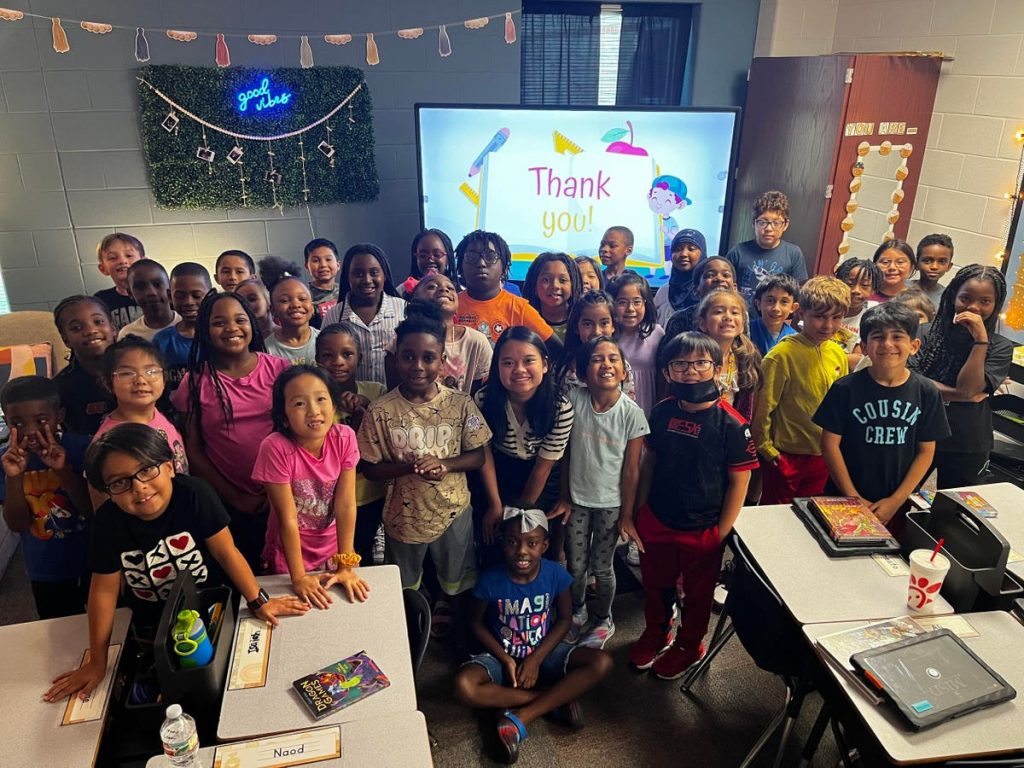Hannah Le, a high school senior, has been keeping busy not only with choosing between college acceptance offers but also by teaching financial literacy to elementary school children. She has designed her own curriculum that covers topics like needs vs. wants, earning and spending, savings and budgeting, among others. By simplifying the complex concept of personal finance to students as young as second to fourth graders, Hannah is making a significant impact in their financial education.
Her journey into teaching financial literacy began when she visited her favorite fourth-grade teacher during her junior year in high school. Seeing building blocks and toy coins in the classroom sparked memories of her own struggles with financial concepts as a first-generation American. Hannah started asking questions and sharing her learnings with friends, eventually leading her to teach financial basics to elementary school children. Her motivation and passion for educating others have since influenced a large number of people in her community.
The idea that personal finance should only be taught at home is outdated and impractical in today’s complex financial landscape. With the introduction of various financial instruments and concepts like 401(k)s, IRAs, and FAFSA, it is clear that formal education on personal finance is necessary. Hannah’s initiative to teach financial literacy in elementary schools highlights the demand for such education at a younger age, which can be further extended to high school and college levels to ensure students are adequately prepared to manage their finances post-graduation.
Hannah’s success in teaching financial literacy to elementary school children has raised questions about incorporating it as a required course in the school curriculum. By starting financial education early on, students can develop essential money management skills that will benefit them in the future. With the ever-evolving financial landscape, it is crucial for students to receive formal education on managing their finances to navigate the complexities of post-graduation life effectively.
As Hannah’s story continues to inspire others, the importance of teaching financial literacy to children at a young age becomes increasingly apparent. Her dedication and passion for educating others on personal finance have created a positive impact in her community and highlighted the need for such education in schools. By recognizing the relevance of financial literacy in today’s world, we can better prepare future generations to make informed financial decisions and build a secure financial future for themselves.


